When Educators Let Go, Learners Take Charge
There is a widely accepted philosophy that responsibility and trust must be earned, but what if we have it backward? What if the answer was really that when given responsibility and trust, adolescents learn more, work harder, and are more likely to earn more opportunities? At Embark Education, we believe that radically trusting each human, whether student or adult, empowers us to capitalize on our strengths.
One way to think about radical trust is placing faith in someone in a way that invites skepticism from the status quo. There are many ways to disrupt the status quo of distrust and prove-it culture, but one way is to place real responsibility in our students. A simple, and perhaps daunting idea, is to hand them responsibility in the form of real cash.
Earlier in the year, our sixth graders were tasked with building terrariums, mini-ecosystems. After very briefly explaining the challenge, I handed each group $20 and told them they could spend it however they saw fit. There was a look of confusion on their faces as this was a first for all of them. They immediately looked to me as the adult for guidance which I refused to provide. Then, the questions and ideas arose.
What do we need to buy? Where can we buy things? Can we pool our money together? What shops are in our neighborhood? Can we use free resources to save our money?
Over the next two weeks, the students made many unsupervised trips during the day to the hardware store a few blocks away. They took the money home and went to local nurseries. They asked neighbors if they could pick their native plants (weeds). They even had leftover charcoal and money which they decided we should use for a class barbeque.
Today, two of the terrariums have gone into retirement, but one is still thriving and a major point of pride 5 months later. Beyond the success of the terrariums, students felt empowered by the freedom and trust we placed in them. Certainly, they learned some of the key science standards, but more importantly, they practiced key competencies such as collaboration and quantitative reasoning that will serve them well into the future.
A recent email from a parent shows the impact of this level of trust:
“Quinn has been so excited about this project in particular and about the school in general. The change in his attitude and personality since starting at Embark has been noticeable. One of the biggest things I have noticed is how he thrives on being given so much responsibility. From being responsible for his own time management to being given money to go to Ace Hardware for supplies to being included on Zoom meetings for prospective students…It all means so much to him and has really changed him as a person. He is genuinely so excited about school and learning and we couldn’t be happier.”
Since this project, students have gone on to complete purchase orders for our partner bike shop, Framework Cycles, created drinks to be served to customers at Pinwheel Coffee, and even invested in the stock market. With each successive experience, their self-efficacy and responsibility have flourished. Ultimately these experiences and their growth will change them as learners and humans.
When we as educators lead with trust and responsibility, our young people rise to new heights. I recognize that each school and community are unique. The anecdote about the terrariums from Embark is meant to serve only as an example, however, each educator knows their community best. As you think about your students and families, how can you step back and so they can step forward?

